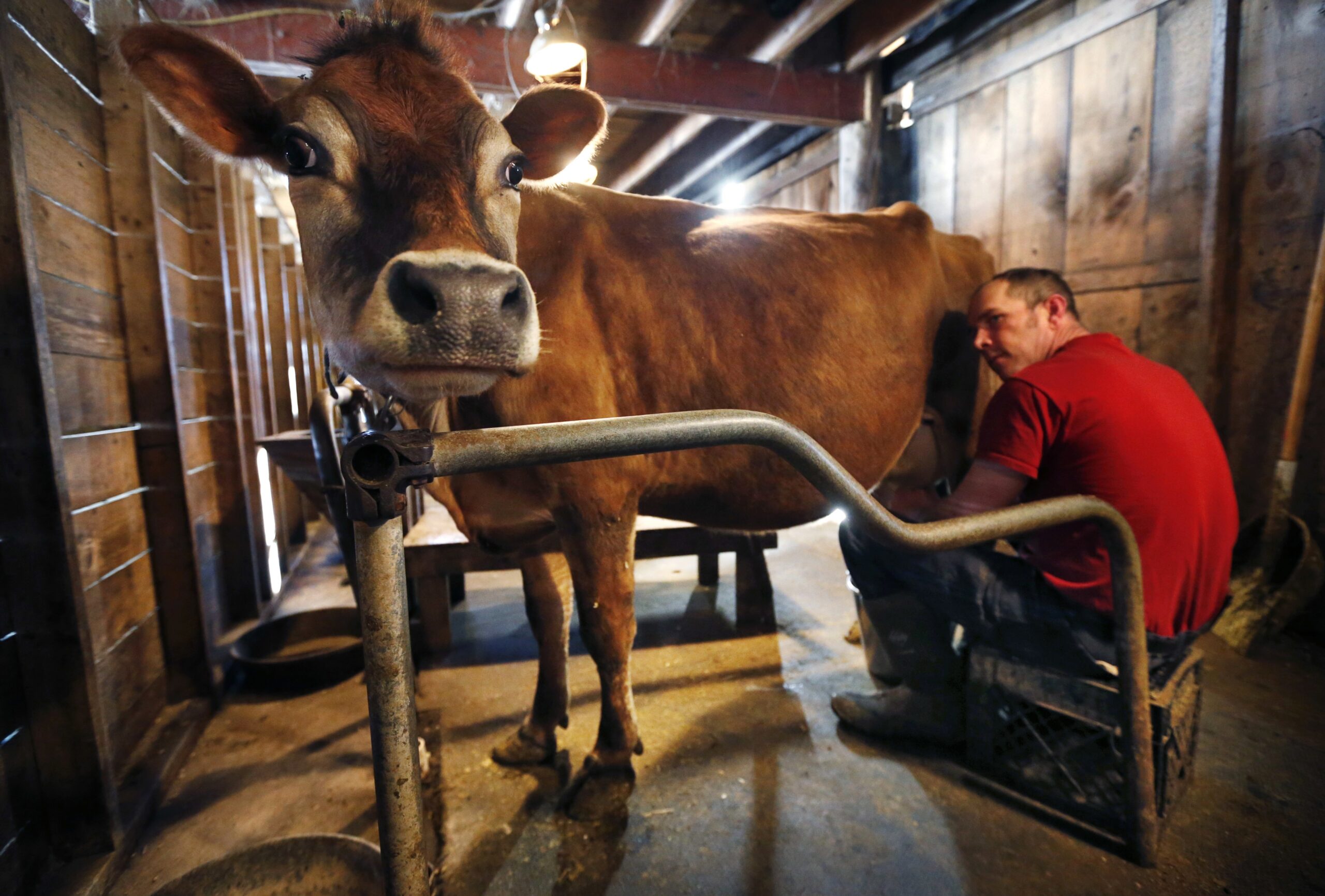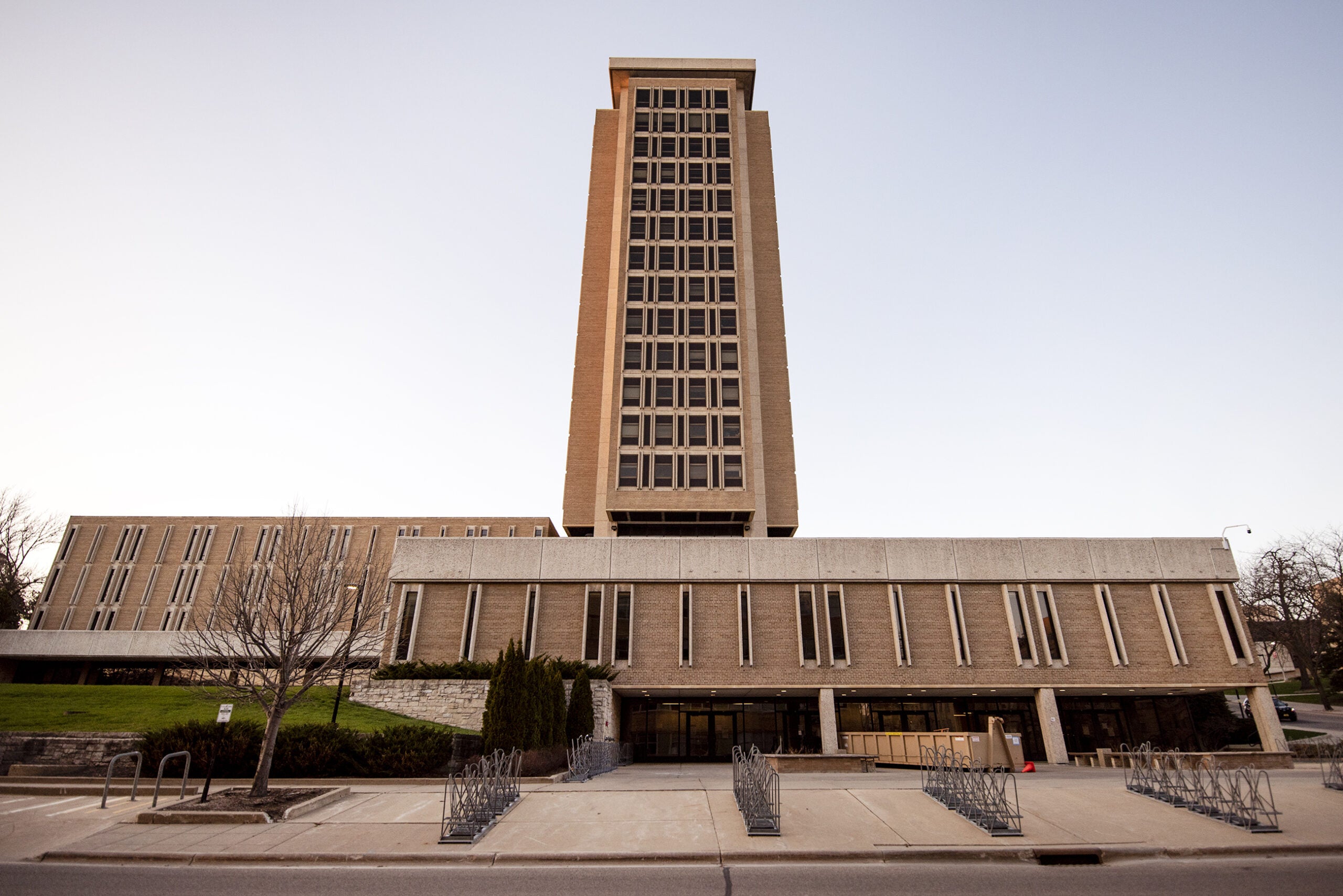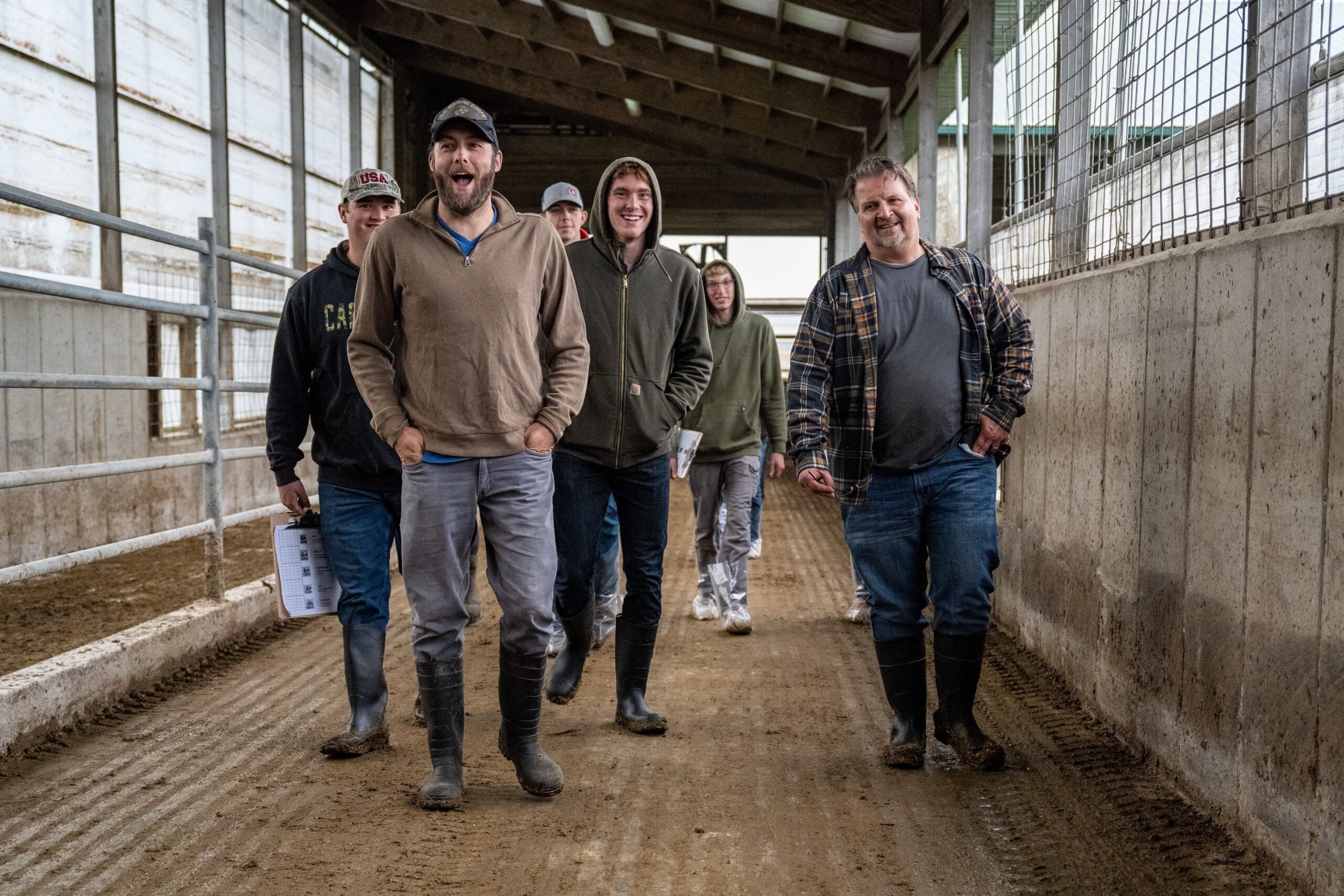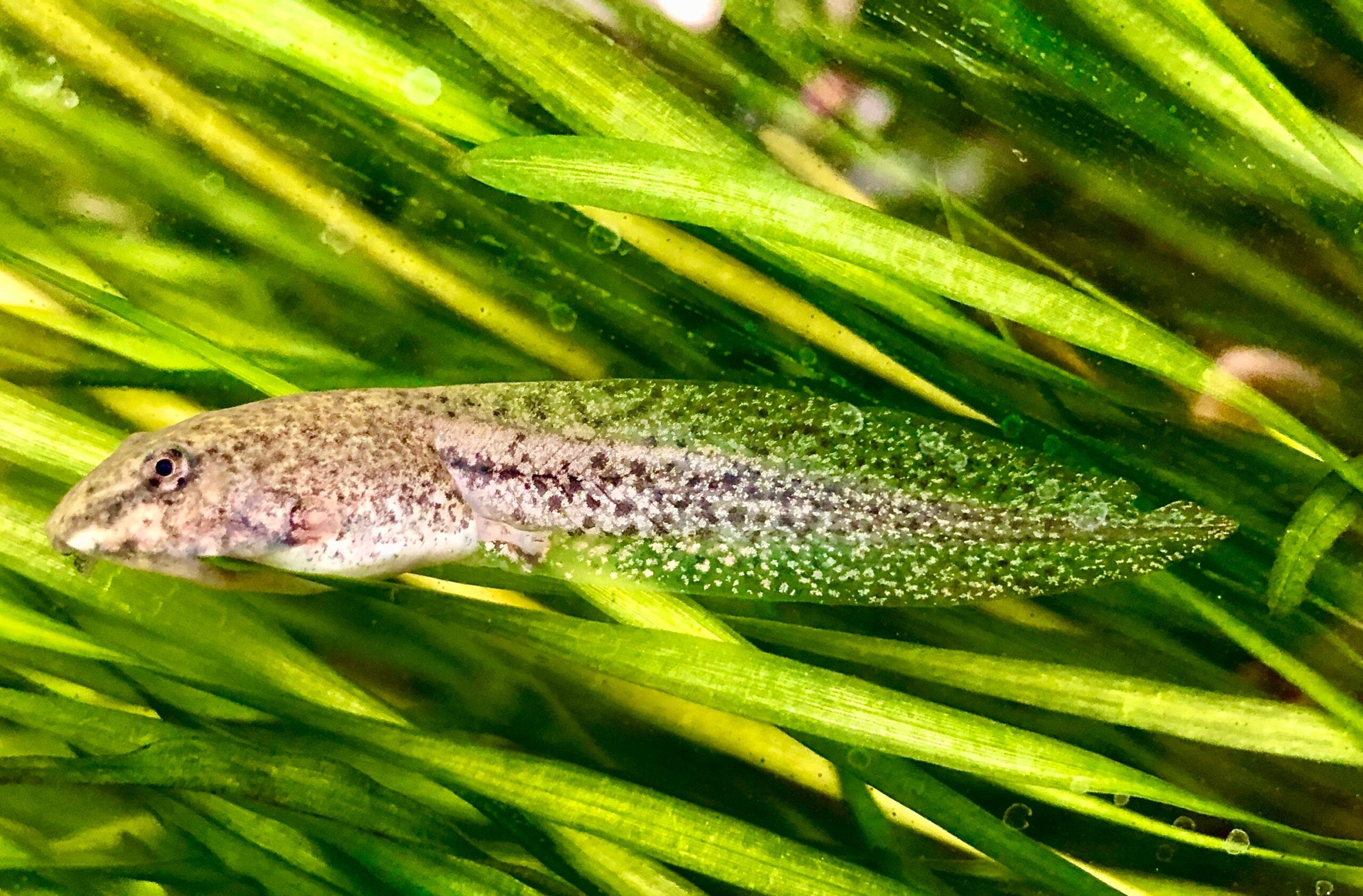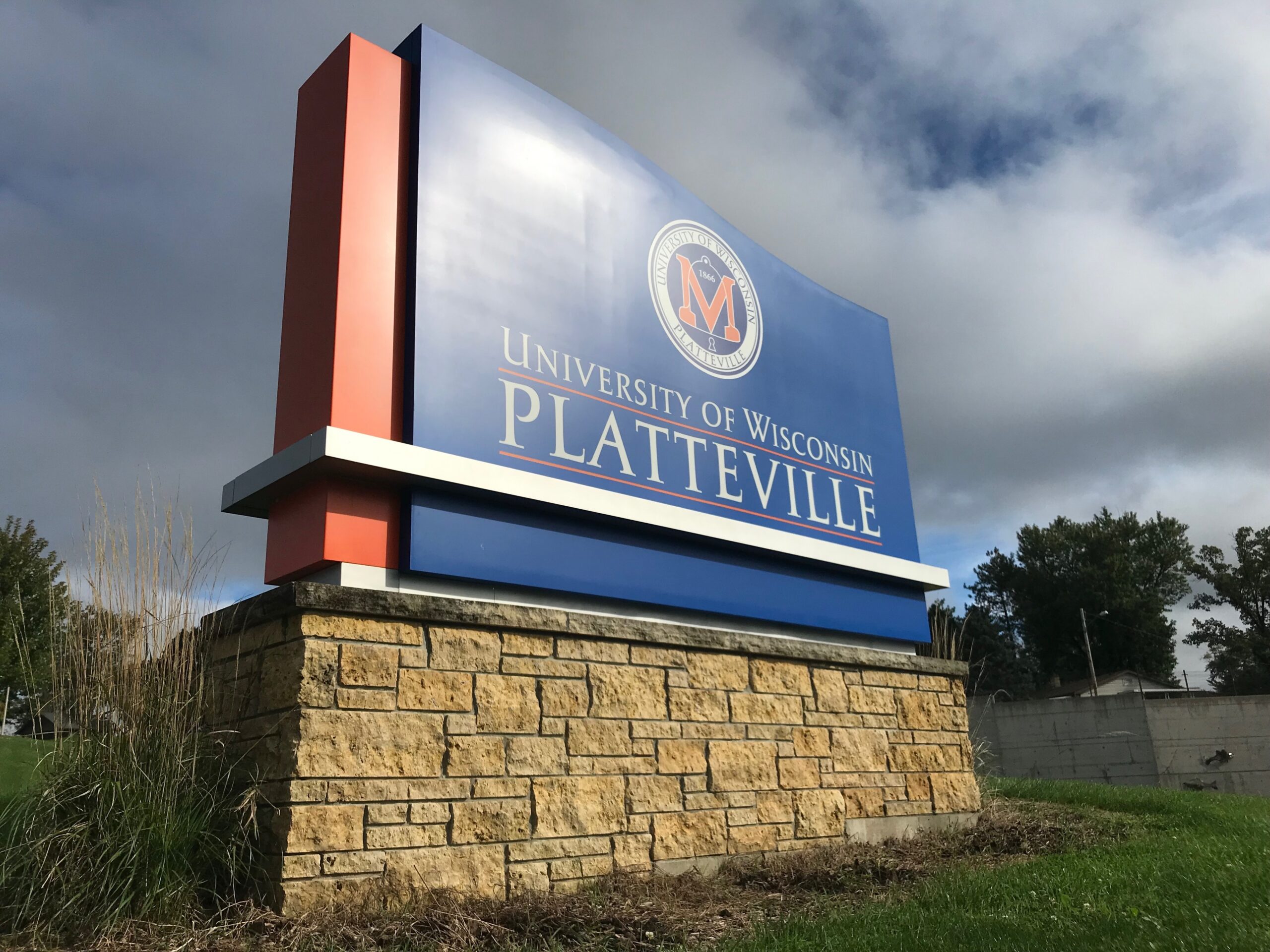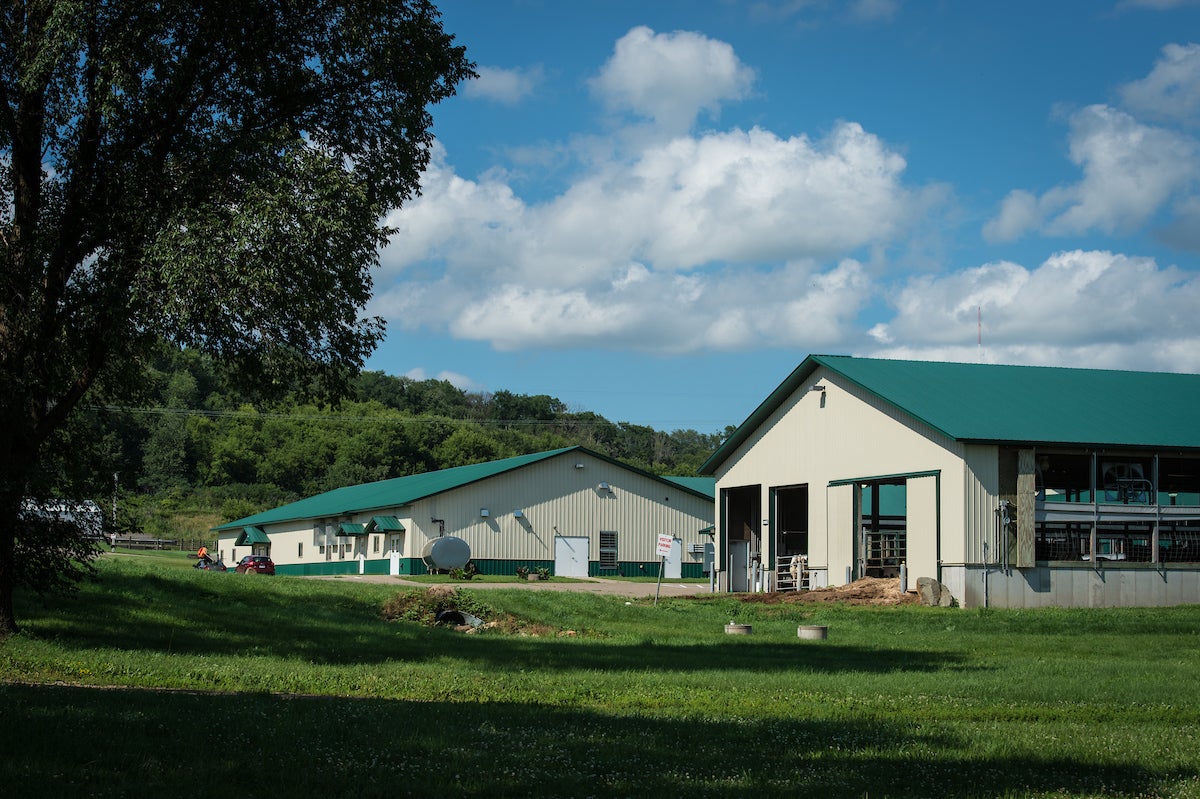The University of Wisconsin-Platteville is offering a new major in dairy science this fall.
UW-Platteville has had a dairy emphasis for animal science students for more than 30 years. But increased demand for skilled workers in the dairy industry prompted the four-year university to rethink its program, said Tera Montgomery, associate professor of animal and dairy science.
“We found that the students weren’t being noticed as much with the animal science major as they are at other schools that have a dairy science major,” Montgomery said.
Stay informed on the latest news
Sign up for WPR’s email newsletter.
UW-Madison and UW-River Falls have a dairy science degree.
UW-Plateville’s program is hoping to attract new partners from the dairy industry to help fund projects and provide students real-world experiences.
“Hands on learning, being able to go out to farms, being able to see how the industry is currently functioning — it’s a huge benefit,” Montgomery said.
Elizabeth Throop, UW-Platteville provost, said working in the dairy industry will help students make connections before graduating.
“They’re making sure that we’re able to give the students the best quality education we can,” said Throop “With some falling state support, we do tend to rely a little bit more on our industry partners to just help us get our students educated.”
Creating the major was done at little cost to the university thanks to the dedication of Montgomery, who coordinates the animal science program, Throop said.
The dairy science degree is similar to animal science but has more specific instruction in areas like record analysis and calf and heifer production, a growing part of the dairy industry.
“We really wanted to take advantage of the opportunity to highlight what we’re doing here and help train the next generation of students that are both going back to the farm and then also getting into all different parts of the industry focusing on calf and heifer production,” Montgomery said.
Throop said the university hopes to add more options to the major in the future, including courses in conversational Spanish to help students communicate with immigrant workers in the industry.
“In this area, there are a number of sort of hidden diverse populations,” Throop said. “(Taking Spanish) certainly wouldn’t be required, but I think that only strengthens the region.”
Wisconsin Public Radio, © Copyright 2024, Board of Regents of the University of Wisconsin System and Wisconsin Educational Communications Board.

